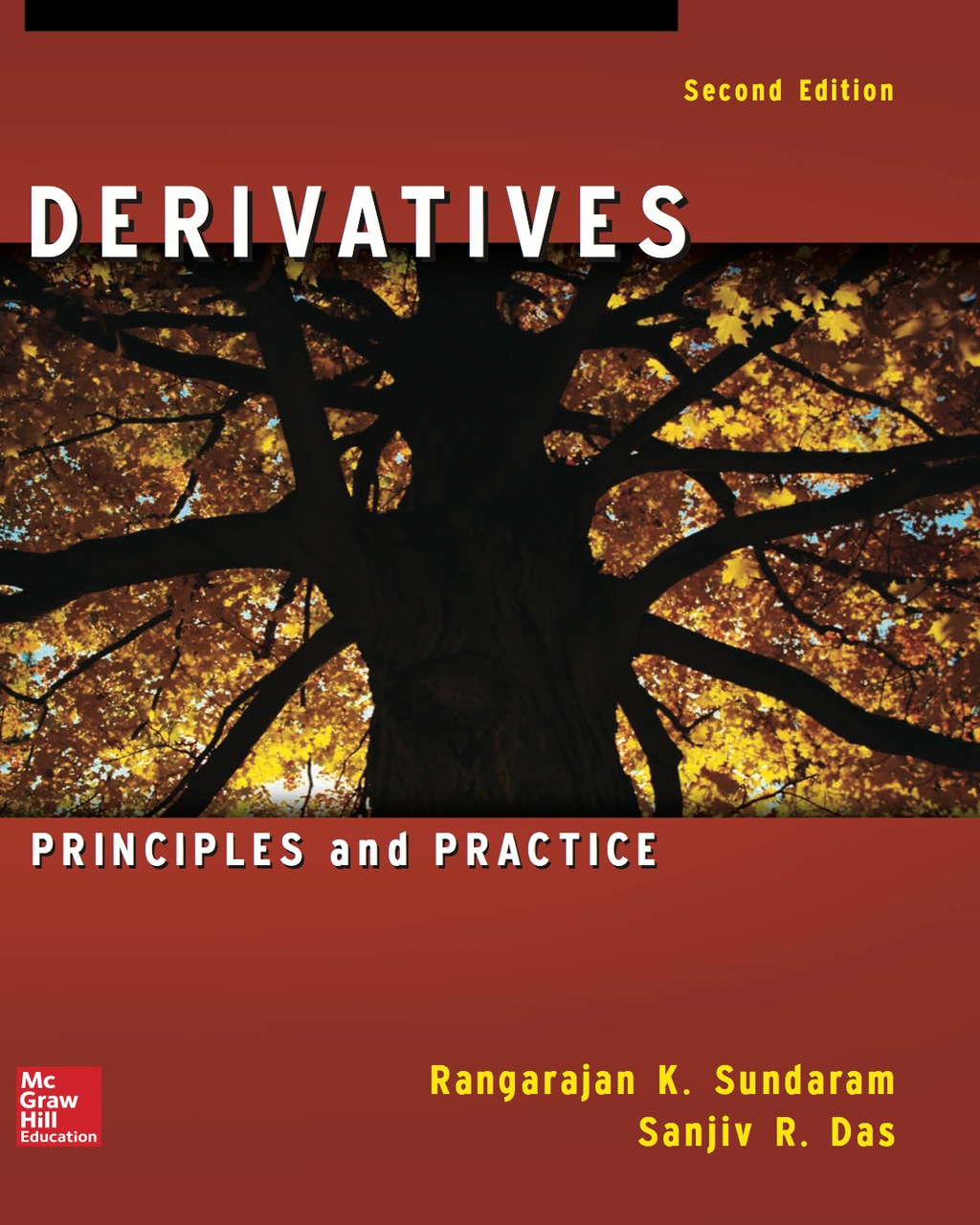Description
When your business school is communicating with outside constituents, does it focus only on profit
and shareholder value as measures of business success and how your business school contributes
to society?
There are special forms of business organization that explicitly seek to serve multiple
stakeholders. These include the benefit corporation, B Lab certified corporation, and the low-profit
limited liability company (L3C). These are covered in this book. If a corporation does not have such
an organization, and most don’t, how should its consideration of non-owner stakeholders differ from
companies that do have such an explicit stated purpose?
Assets held by institutional investors with a stated goal of voting their shares in a manner that
supports environmental, social, and governance (ESG) investing, including climate change
concerns, have grown rapidly in recent years.
The amount of assets held by institutional investors that do not espouse ESG investing, also
known as sustainable investing, are still considerably greater than assets held by institutional
investors that do. This gap has been rapidly shrinking, however.
Do shareholders care about anything other than the stock price? If not, why then have some
shareholders long refused to purchase stock in companies that sell cigarettes, oil, and firearms?
Should a company’s impact on climate change be considered when corporate decisions are
made? If so, is this a matter of self-interest, or a desire to also consider the interests of stakeholders
who are not shareholders of the firm?
Whatever your views on these considerations, should a financial management textbook ignore
ESG risks, climate change, and multiple stakeholder interests, or critically examine the different
views of these hot-button topics?
These questions are considered in this book..










